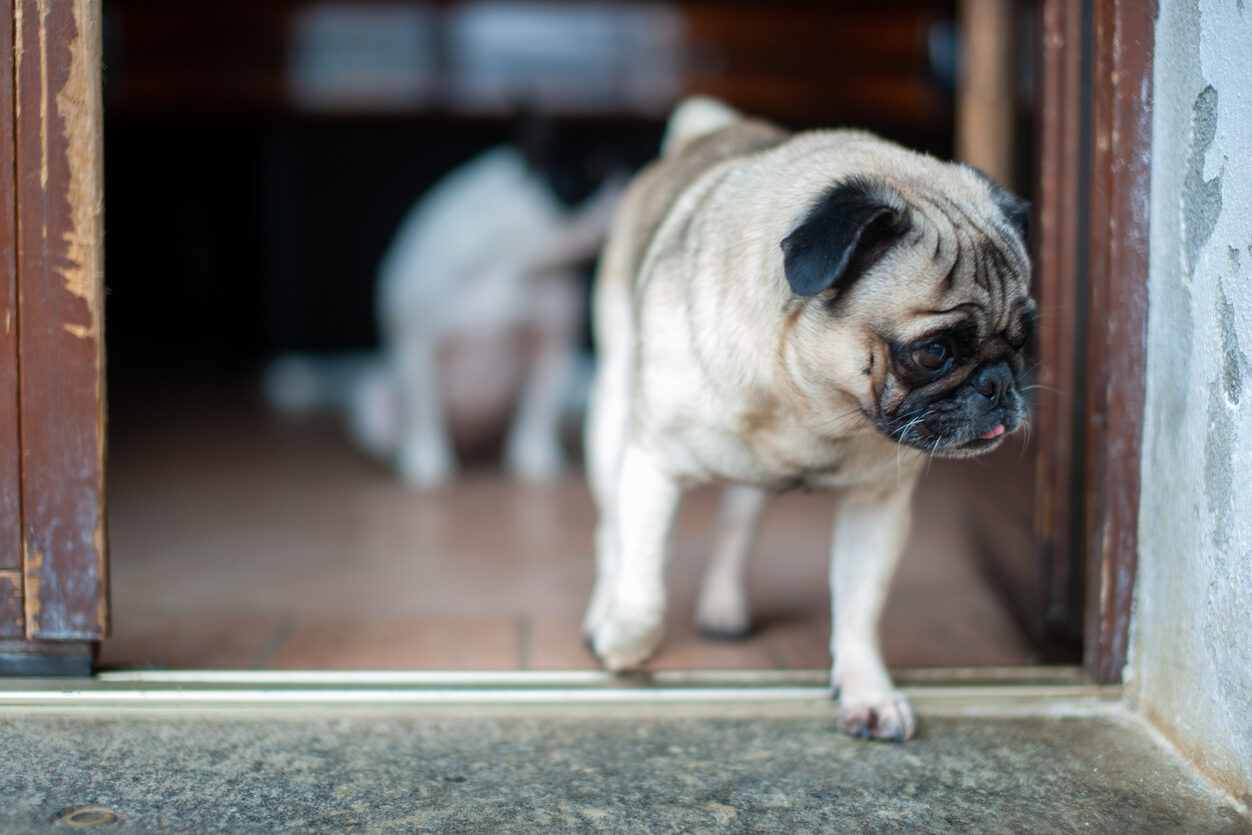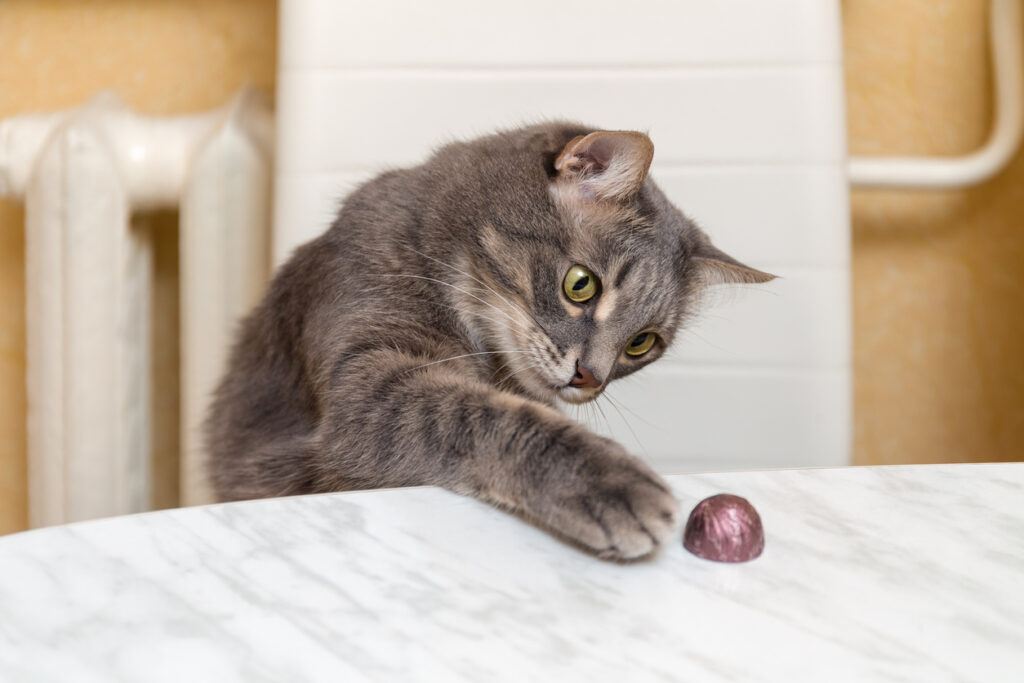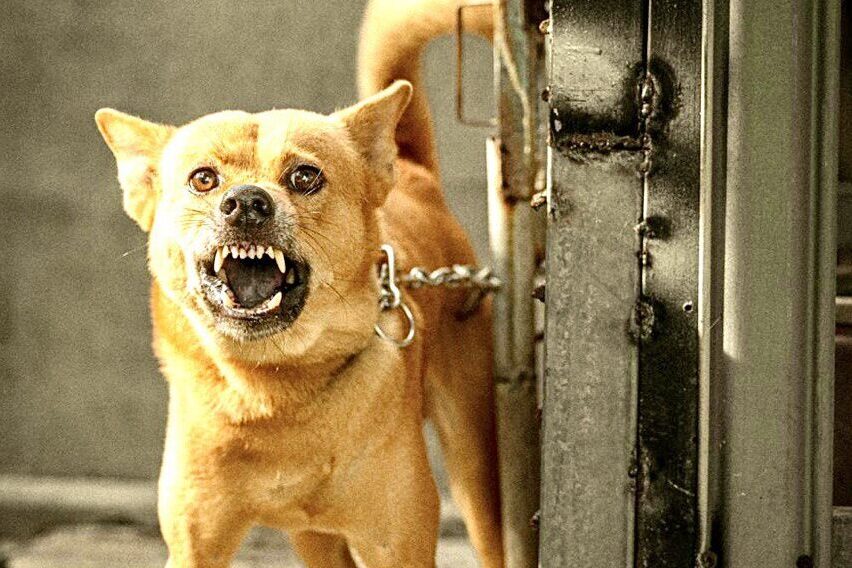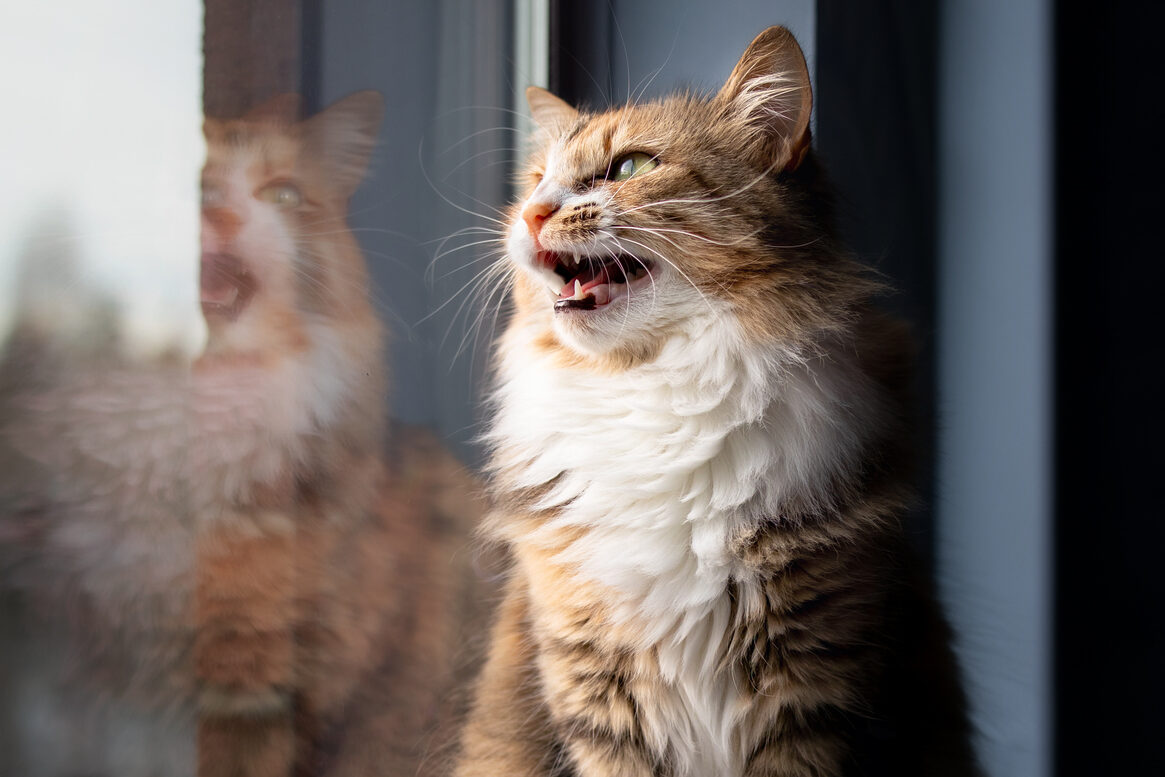Why Do Cats Randomly Sprint Like Maniacs?

One moment your cat is lounging like a royal on the windowsill, and the next, they’re bolting across the room like they just remembered they left the oven on. These so-called “zoomies” (scientifically known as Frenetic Random Activity Periods) have been linked to pent-up energy, but why do they strike out of nowhere, even after a full day of play? Some researchers believe it’s a throwback to their wild ancestors, who needed short bursts of energy to escape predators. Others suspect it could be an instinctive way to realign their bodies or shake off stress. Whatever the reason, watching a cat go from zero to sixty in a split second is both hilarious and a little terrifying.
Some experts think it’s linked to hunting instincts, as wild cats use bursts of speed to ambush prey, even if domestic cats have no need to hunt. There’s also the theory that it helps with muscle conditioning, as house cats don’t get as much exercise as their outdoor counterparts. Another possibility? It could be linked to their sleep cycles, as cats often zoom around after waking up from long naps, almost as if jumpstarting their bodies. Whatever the cause, it’s safe to say that the zoomies aren’t going away anytime soon. So next time your cat goes full-speed parkour mode, just sit back, enjoy the show, and make sure your breakables are out of reach.
Why Do Dogs Spin Before They Poop?

You take your dog outside, and instead of handling business like a professional, they start doing an elaborate pre-poop ballet. Some scientists believe dogs spin to flatten the grass and check for threats, a survival instinct from their wild days. But then a study threw everyone for a loop—dogs seem to prefer aligning themselves with Earth’s magnetic field before they relieve themselves. That’s right. Your dog may be pooping according to the planet’s invisible forces. Why? No one really knows. Maybe it’s just their way of showing us that nature calls… literally. But it does make you wonder—do they feel an urge to adjust their direction if the magnetic field shifts? And how do they even sense it in the first place?
Some researchers speculate that it might be related to an internal compass, much like the one birds and other migratory animals use. Others think it could be a comfort ritual, a way to make the process feel “just right” before they commit. There’s even a theory that it’s a method of communication, with the spinning serving as a visual signal to other dogs. Whatever the reason, next time your pup starts their poop pirouette, just remember—you’re witnessing a phenomenon that even science can’t fully explain. And let’s be honest, it’s hard not to respect a creature that takes such meticulous care in choosing the perfect spot.
Why Do Cats Knock Things Off Tables With No Remorse?

Every cat owner has experienced it: You set a glass of water on the table, and your cat, with the precision of a scientist testing gravity, sloooowly pushes it off the edge—while staring directly into your soul. Many experts believe this behavior is rooted in their hunting instincts, as cats naturally swat at prey to test if it’s alive. Others think it’s just a form of entertainment, a feline version of “what happens if I press this button?” Some even suggest it’s their way of getting attention—because what better way to make a human react than to send their belongings plummeting to the floor? If you’ve ever ignored a cat for too long, you know they have a talent for making themselves very noticeable. And once they realize knocking things over gets them a reaction, you might as well start bolting everything down.
Some researchers also believe this behavior is a result of excess energy, much like the zoomies, and that cats use these little “experiments” to stimulate their brains. There’s also a possibility that it’s linked to their refined sense of curiosity—testing how different objects fall, how much noise they make, and how their human reacts each time. It could also just be boredom, which means the only real solution is giving them enough stimulation elsewhere. But let’s be real—nothing you do will ever fully stop a cat from being a tiny chaos gremlin. You can only hope to minimize the damage.
Why Do Dogs “See” Ghosts?

There’s nothing creepier than your dog suddenly perking up, growling, and staring into an empty hallway as if an invisible intruder just walked in. Can they actually see spirits, or is something else going on? Some theories suggest dogs’ heightened senses pick up frequencies we can’t—like electrical currents, distant sounds, or even subtle changes in air pressure. Others argue they might be reacting to tiny movements or scents that humans don’t perceive. Whatever the case, when your dog starts barking at an empty corner at 3 AM, good luck sleeping soundly. It doesn’t help that some cultures believe dogs have a special connection to the supernatural. Maybe they really are seeing something we can’t, and we’re just too stubborn to believe it.
One possible explanation is that dogs’ incredible hearing allows them to detect ultrasonic sounds from rodents or distant animals, making them react as if something unseen is nearby. Their keen sense of smell may also pick up old scents that trigger a memory or an instinctive response. Some behaviorists even suggest it could be a sign of cognitive stimulation—your dog might just be processing information in a way we don’t understand. But until science gives us a definite answer, we’re left with one unsettling reality: if your dog is seeing ghosts, you’re on your own. Hopefully, they’re friendly.
Why Do Cats Bring Dead Animals as “Gifts”?

Nothing says “I love you” quite like a freshly hunted rodent on your doorstep. While it’s easy to assume your cat is just showing off their hunting skills, scientists are divided on why they do this. Some believe it’s an instinctual behavior from their ancestors, who brought food back to their families. Others argue that your cat thinks you’re a terrible hunter and is trying to feed you. Either way, that “gift” is a backhanded compliment at best and nightmare fuel at worst. Some experts suggest that spayed female cats are the biggest culprits because, in the wild, mother cats teach their young how to hunt by bringing them injured prey. Since your cat sees you as family, they might just be trying to pass on some “essential life skills.” Unfortunately for them, most humans aren’t particularly eager to put those lessons into practice.
Another theory is that it’s not about food at all, but rather an expression of trust. Your cat sees you as part of their social group and is simply sharing their “resources” with you. Some behaviorists even suggest that indoor cats, who don’t get to hunt real prey, might substitute toys, socks, or random household items in place of actual animals. While the behavior might be unsettling, the best way to handle it is with praise—if only to avoid offending your feline overlord. Because if there’s one thing worse than a cat that brings you dead animals, it’s a cat that decides you’re no longer worthy of them.
Why Do Dogs Tilt Their Heads Like They Understand?

You start talking to your dog, and suddenly, they tilt their head in the most heart-meltingly adorable way. It makes you feel like they really get what you’re saying. But do they? Some experts suggest head tilting helps dogs better pinpoint sounds, while others think it’s a sign of intelligence—dogs who tilt their heads more might be more responsive to human communication. But here’s the real kicker: some scientists think they’re just doing it because they’ve figured out it makes us really happy. Manipulative geniuses, every one of them. It turns out that some dogs tilt their heads more than others, and breeds with longer snouts might do it to get a better visual perspective on their owners’ faces. That means the adorable tilt isn’t just about hearing—it’s about seeing, too.
Another possibility is that tilting helps dogs interpret emotions better, as they rely heavily on facial expressions to understand human moods. Some studies even suggest that dogs who frequently tilt their heads may have stronger problem-solving abilities, showing a deeper connection between human speech and comprehension. It’s also possible that, over time, dogs have learned that we find this behavior irresistibly cute—so they keep doing it because it leads to more treats, pets, and positive reinforcement. Whether it’s a natural instinct or a strategic ploy, one thing is certain: it’s working. And we’re all powerless against it.
Why Do Cats “Chatter” at Birds?

If you’ve ever watched your cat sit by a window, staring at birds while making bizarre, high-speed chattering noises, you’re not alone. This odd behavior has puzzled scientists for years. Some believe it’s pure frustration—your cat desperately wants to hunt but can’t get to its prey. Others suspect it’s a form of mimicry, an attempt to imitate bird calls and lure them closer. And then there’s the weirdest theory: the chattering might be an involuntary reaction, a sign of the cat’s brain already kicking into “kill mode” before they even make a move. A little creepy, but also kind of impressive. Some observations have shown that wild cats, like jaguars and margays, also produce similar sounds when hunting, adding weight to the theory that it’s a deep-rooted instinct.
Another possible explanation is that it’s a side effect of the excitement and adrenaline rush that comes with seeing potential prey. The sound could be a way for cats to express their heightened arousal, almost like a verbal warm-up before they pounce. Some experts also believe the chattering comes from a cat’s natural “bite reflex,” where their jaw moves in anticipation of the killing bite they would normally deliver in the wild. Regardless of the reason, the end result is the same—your cat sits there, clicking away at birds like a tiny, frustrated predator stuck in a glass box. The birds, of course, remain blissfully unaware that they’ve just escaped a ferocious, albeit adorable, assassin.
Why Do Dogs Sleep in the Most Ridiculous Positions?

Dogs can sleep curled up, sprawled out like a starfish, or somehow twisted into a shape that defies the laws of physics. But some dogs take it even further—sleeping on their backs with legs sticking straight up, or tucking their heads under their bodies like pretzels. While some positions are linked to comfort and body temperature regulation, scientists still don’t fully understand why dogs seem to have zero regard for ergonomic sleeping postures. Is it just a sign of deep trust and relaxation, or is there some hidden evolutionary advantage? No one knows, but one thing’s for sure: they sleep better than most of us. Some believe that certain sleeping positions indicate personality traits—dogs that sleep belly-up, for example, may be more confident and feel safer in their environment.
Other experts suggest that odd sleeping positions could be a way to stretch muscles, relieve joint pressure, or even help with digestion. There’s also speculation that, in the wild, dogs would sleep in positions that allowed for a quick escape if danger arose, so these strange habits may be a watered-down version of that instinct. Whatever the case, one thing remains clear—dogs will continue to sleep in the weirdest, most impractical ways possible, and we will continue to take endless photos of them doing it. Because honestly, nothing is more peaceful (or hilarious) than a dog snoring upside down, tongue flopped out, looking like they just lost a bar fight with gravity.


